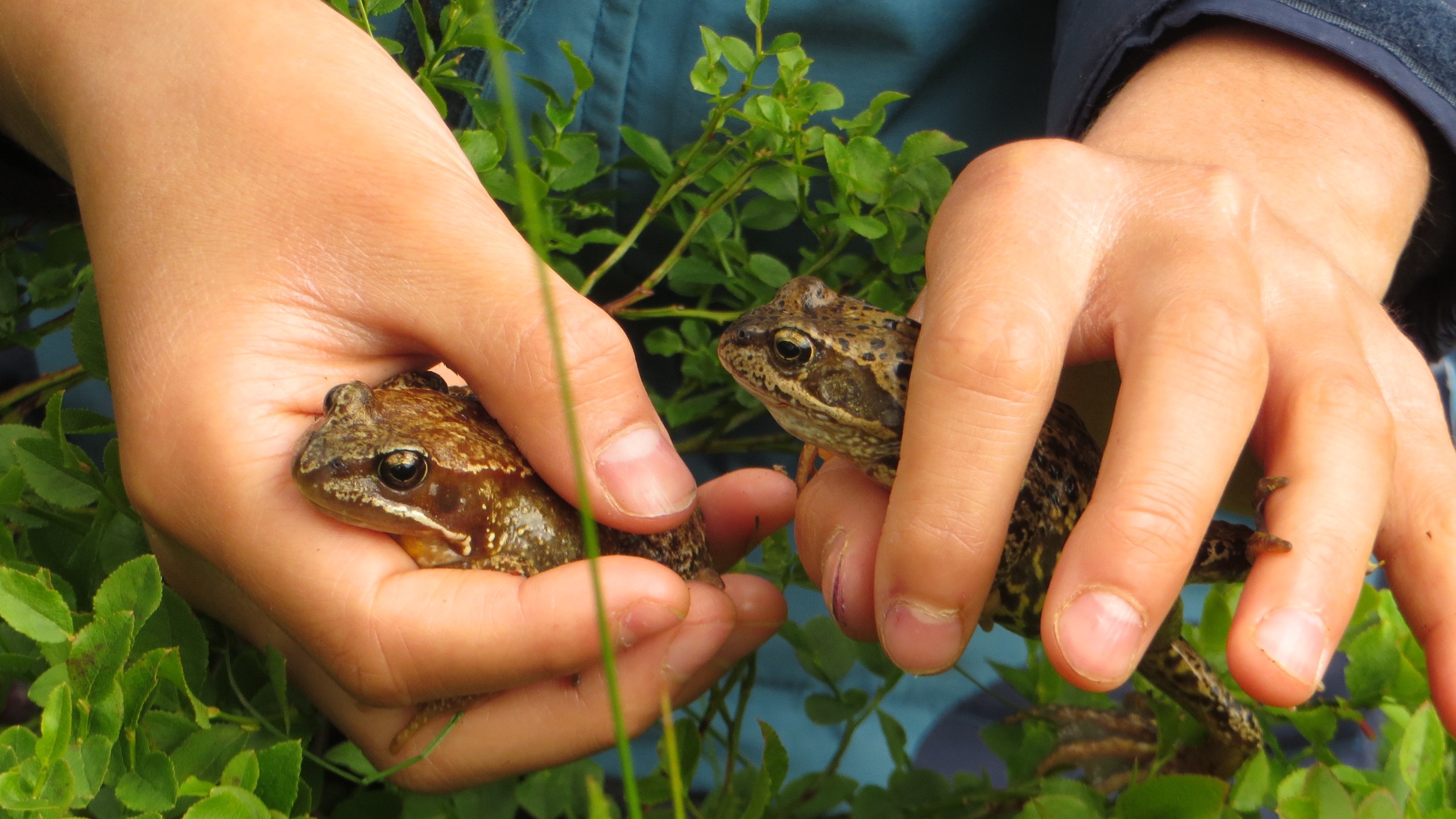Responding to children's questions
If a child asks a closed question, the best thing to do will in most cases be to show, give and sometimes explain the correct answer, so that the child can be informed about the topic.
A piece of advice from the natural scientist is to try to give specific answers instead of answering in general terms. For example, if a child asks you what the name of a plant is, you should preferably answer with the name of the specific plant, e.g. ‘dandelion’ instead of a ‘flower’.
The following is a situation where the child asks a specific question about the name of a centipede and gets an answer.
Stan: What is it?
Teacher: What he was holding? Or this? (Points to an earthworm in her hand)
Stan: The one he was holding.
Teacher: He had a centipede
Stan: Centipede
Teacher: One with many legs.
Ben: Can I have one?
Teacher: Yes. You can hold this.
Jenna: (To the boys and the adult) Oh no!!! (In the background) They cannot steal the centipede!
Still, sometimes it can be a point to try to make the child find the answer on their own. In those cases, the adult can reply with a follow-up-question, instead of giving an answer.
This is from a situation where a teacher and a child are reading a book about insects. They are reading about the crane fly.
Teacher: The cranefly actually does not eat after it has grown up.
Child: It doesn’t eat? Then how does he have energy?
Teacher: That’s a good question. How can that be?
Child: Maybe he does not have a butt!
Teacher: So that he can use the food he has already eaten? Hmm.
Child: Yes.
Teacher: Or maybe he does not live very long after he has grown up. We must find out.
In this case, the teacher and the child launched two different hypotheses about why the crane fly doesn’t eat. By chance, they happened to find a crane fly the following day, caught it, and placed it in an empty jar. The plan was to observe whether he produced excrements or not. It turned out that he died quite soon.
If the child asks an open question, the adult should strive to reflect upon the case in a manner that can model a way to reflect for the child in later cases and try to include the child in the reflections on the issue.
Child: I am wondering what will happen if the viper bites himself in the tongue?
Adult: Yeah, that’s a good question! What do you think?
Child: Maybe he will get poisoned by himself?
Adult: Perhaps he will! I don’t know. Do you think there is a way to find out?

